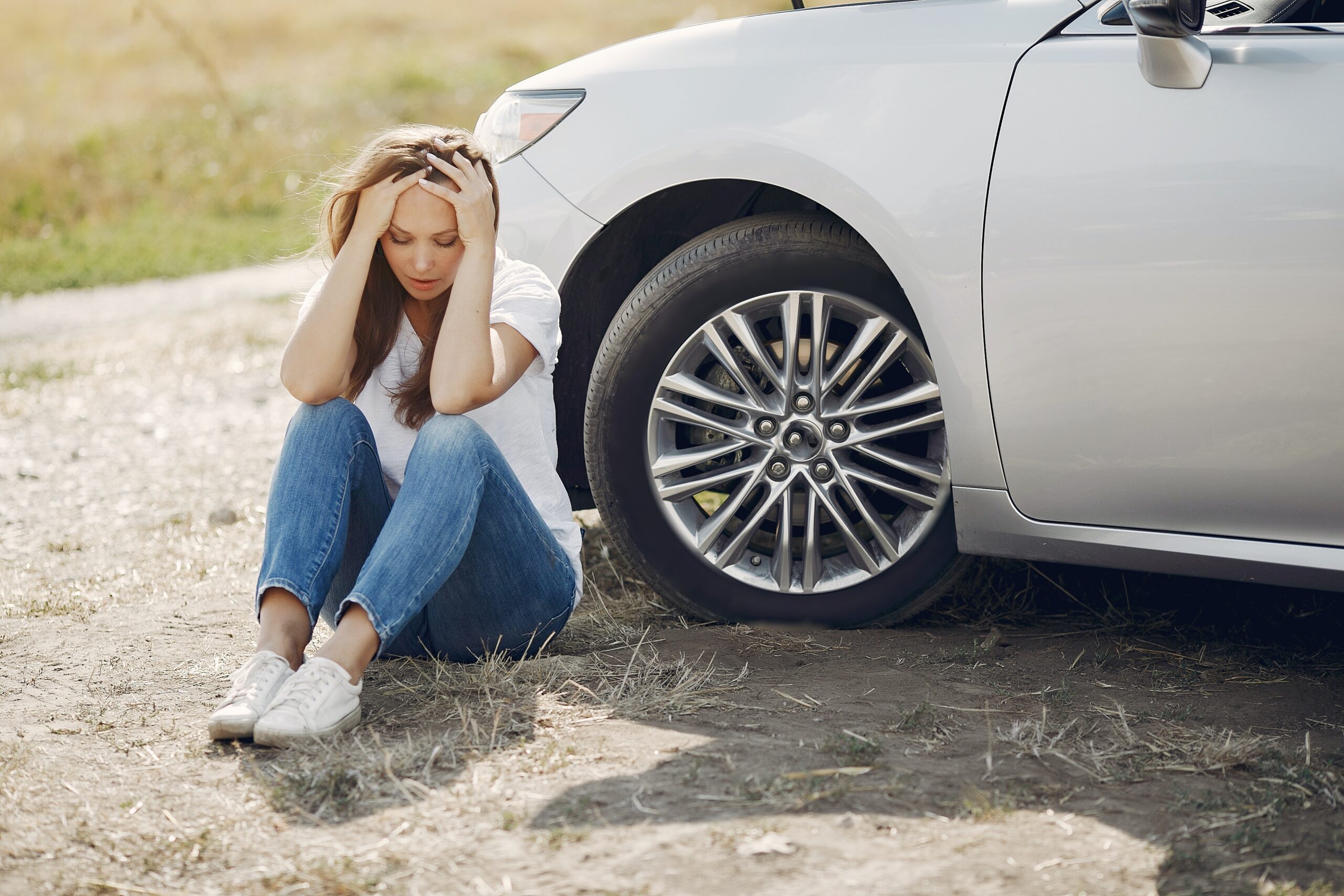
Gap Insurance and Car Accidents: What You Need to Know
Car accidents can be financially devastating, especially if the value of your vehicle is significantly lower than the amount you owe on your auto loan or lease. This is where gap insurance can play a crucial role. In this blog post, we will explore the concept of gap insurance and its importance in the context of car accidents. Understanding the basics of gap insurance can help you protect your financial well-being in case of an accident.
-
Understanding Gap Insurance
Gap insurance, also known as guaranteed asset protection insurance, is an optional coverage that protects you against the financial gap between the actual cash value of your vehicle and the amount you owe on your loan or lease. In the event of a total loss, such as a severe accident or theft, traditional auto insurance policies typically only cover the actual cash value of the vehicle. Gap insurance steps in to cover the difference, ensuring that you are not left with a significant financial burden.
-
The Importance of Gap Insurance in Car Accidents
Car accidents can result in significant damage to your vehicle, potentially leading to a total loss. Without gap insurance, you may find yourself responsible for paying off the remaining balance on your loan or lease, even if your insurance payout falls short. Gap insurance provides the necessary financial protection, helping you avoid out-of-pocket expenses and loan/lease obligations in such situations.
-
Loan and Lease Considerations
Gap insurance is particularly valuable for individuals who finance or lease their vehicles. When you finance a vehicle, the loan amount is often higher than the actual cash value due to interest and other factors. Similarly, in a lease, you are responsible for the depreciation of the vehicle over the lease term. If an accident occurs during the loan or lease period, gap insurance can prevent you from owing a substantial amount of money on a vehicle you no longer possess.
-
Evaluating Your Need for Gap Insurance
Determining whether you need gap insurance depends on various factors. Consider the following:
- Vehicle Depreciation: Some vehicles depreciate faster than others. If you drive a vehicle with a high depreciation rate, such as a luxury car or a brand with rapid value decline, gap insurance may be beneficial.
- Down Payment and Loan Term: If you made a small down payment or opted for a longer loan term, you may have a larger gap between the vehicle’s value and the loan amount. Gap insurance can safeguard you in these scenarios.
- Driving Habits and Accident Risk: Evaluate your driving habits, the risk of accidents in your area, and your personal accident history. If you believe the likelihood of a severe accident or theft is higher, gap insurance provides added peace of mind.
-
Obtaining Gap Insurance
Gap insurance is typically available through insurance companies, auto dealerships, and sometimes even lenders. When considering gap insurance, it’s essential to compare coverage options, prices, and terms from multiple providers to ensure you secure the most suitable and cost-effective policy.
Gap insurance can be a valuable asset in protecting your financial well-being following a car accident. By bridging the gap between the actual cash value of your vehicle and the amount you owe on your loan or lease, gap insurance prevents you from bearing the financial burden of a total loss. When evaluating your insurance needs, consider the factors mentioned above and consult with insurance professionals to determine whether gap insurance is a prudent choice for your specific circumstances. By having gap insurance in place, you can drive with confidence, knowing that you are protected financially in the event of an unfortunate accident.
A personal injury lawyer can help you understand your legal options and negotiate a fair settlement on your behalf. Click here to schedule a free consultation with one of our skilled California lawyers to learn more about your options. Or call our offices at 707 549 8166.

